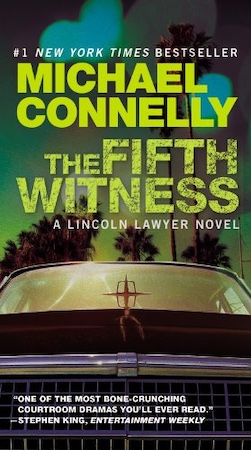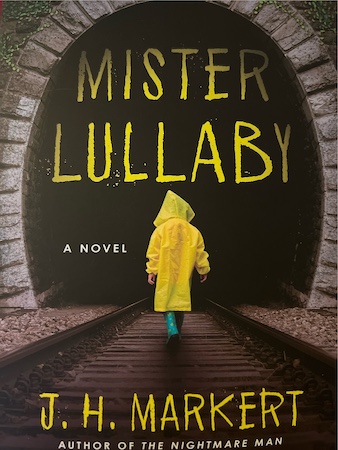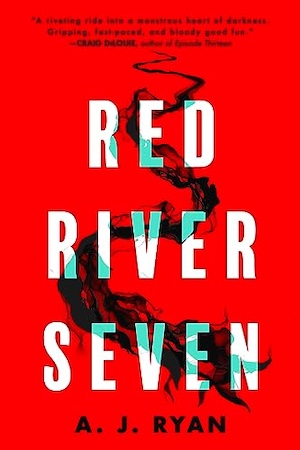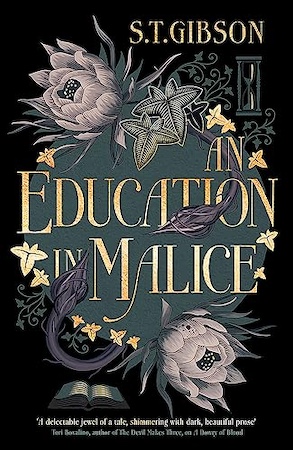Book blurbs that compare any given story to other published works can often lead a potential reader astray: that’s what happened to me when the ARC for These Burning Stars became available, because it was often compared to Ann Leckie’s Radch saga, and since unfortunately those works never seemed to meet my tastes, I decided not to request Ms. Jacobs’ book. Luckily for me, however, some of my fellow bloggers did read the book, and their enthusiastic reviews compelled me to rethink my approach: once again I am very thankful for their recommendations, because These Burning Stars proved to be not only an excellent read, but also a debut novel that feels like the work of a very accomplished veteran.
This novel is a perfectly balanced mix of intriguing world-building and fascinating characterization, and even though it throws the reader into the middle of things with very little explanation, soon enough this story of a years-long cat-and-mouse chase sweeps you up in its powerful current and never lets you go until the very end.
The Kindom is a civilization composed by a number of planets ruled by what looks, for all intents and purposes, like a theocracy controlled by three powers: clerics, secretaries and cloaksaan – in other words, the spiritual guides, the administrators and the enforcers. It’s a harsh universe, one where the people who wield power can oppress those who don’t, and often do it with unmitigated brutality. Enter Esek Nightfoot, member of one of the most influential families in the Kindom, and a powerful cleric: she is brilliant, capriciously cruel, and relentless and when we meet her she’s visiting one of the kinschools where the future generations are taught. Academy children are assigned no gender and no name, and Esek’s attention is caught by the child named Six, a very promising pupil whose family is linked to an infamous character, so she decides to ruin Six’s future prospects while challenging it to do something extraordinary that will wow her. Six leaves the kinschool shortly thereafter and over the years poses a constant, elusive threat to Esek and to her family’s interests, compelling her to launch into a relentless chase that leaves a trail of blood and no prisoners in its wake.
Chono is a cleric as well and used to be one of Esek’s acolytes; she’s the complete opposite of her mentor’s character and also the thin connection between her and Six, since she was their schoolmate when she herself was named Four: Six keeps sending their taunting messages to Esek through Chono, whose loyalties are quite torn between her admiration and, yes, love for Esek and her horror at her mentor’s ruthlessness.
Jun Ironway is another one of Esek’s victims: her family was almost totally exterminated by the senior cleric and she now lives a precarious life as a caster (which is something like a very sophisticated hacker): that ’s how she comes into possession of a memory chip that could not only ruin the Nightfoot family and their lucrative business, but also destabilize the whole Kindom, so that Esek’s hunt for Six becomes inextricably linked with her search for Jun and the damning evidence she possesses.
This summary hardly pays justice to what turned out to be a many-layered narrative told in alternating timelines, where both the past and the present add to the labyrinthine mosaic of this engrossing story: Bethany Jacobs does an excellent job in creating a rich and intriguing universe and building it in bits and pieces as she moves forward with the narrative and adds shades and complexity to her characters. And the characters are indeed the most fascinating aspect of the novel…
Esek is certainly the most intriguing one among them: she is vicious, cold-blooded and merciless, she possesses all the attributes to be someone we would love to hate, and yet she is also mesmerizing and larger than life and totally fascinating. Her obsession over finding Six is as layered as her personality, because it’s composed in equal parts of hatred and admiration, need to destroy and desire to understand: these are also the reactions that she provoked in me as a reader, because I found her both despicable and spellbinding. This dichotomy also stands at the basis of Chono’s relationship with Esek, which goes beyond the mere link between master and disciple and is compounded by her natural empathy and by the unexpressed gratitude for the circumstances in which she became part of Esek’s retinue, an event that is probably one of the rarest instances in which the senior cleric was “guilty” of a good deed.
Besides being the story of a dogged hunt, These Burning Stars is also one that touches on sensitive themes like the harnessing of finite resources, the subjugation and exploitation of defenseless people and the callous use of those same victims as political scapegoats, and does it through a perfectly paced narrative that never confuses despite its complexity and that keeps you riveted from start to finish. And I have not yet mentioned the truly massive twist that will hit you toward the end of the book, one that comes so unexpectedly that it will have you reeling in shock for quite a while, so that I can hardly wait to see how it will impact the next books in the series.
Well done, well done indeed….

















You must be logged in to post a comment.